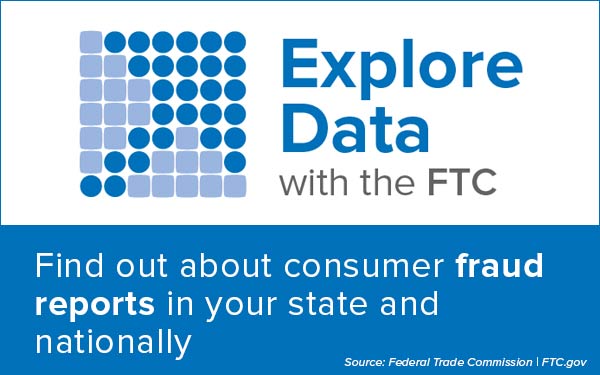 When the Federal Trade Commission finds a case of fraud perpetrated on consumers, the agency files actions in federal district court for immediate and permanent orders to stop scams; prevent fraudsters from perpetrating scams in the future; freeze their assets; and get compensation for victims.When consumers see or hear an advertisement, whether it’s on the Internet, radio or television, or anywhere else, federal law says that ad must be truthful, not misleading, and, when appropriate, backed by scientific evidence. The FTC enforces these truth-in-advertising laws, and it applies the same standards no matter where an ad appears – in newspapers and magazines, online, in the mail, or on billboards or buses. The FTC looks especially closely at advertising claims that can affect consumers’ health or their pocketbooks – claims about food, over-the-counter drugs, dietary supplements, alcohol, and tobacco and on conduct related to high-tech products and the Internet. The FTC also monitors and writes reports about ad industry practices regarding the marketing of alcohol and tobacco. During the recent coronavirus (COVID-19) pandemic, the FTC has been sending warning letters to companies that may be violating the FTC Act, to warn them that their conduct is likely unlawful and that they can face serious legal consequences, such as a federal lawsuit, if they do not immediately stop.
When the Federal Trade Commission finds a case of fraud perpetrated on consumers, the agency files actions in federal district court for immediate and permanent orders to stop scams; prevent fraudsters from perpetrating scams in the future; freeze their assets; and get compensation for victims.When consumers see or hear an advertisement, whether it’s on the Internet, radio or television, or anywhere else, federal law says that ad must be truthful, not misleading, and, when appropriate, backed by scientific evidence. The FTC enforces these truth-in-advertising laws, and it applies the same standards no matter where an ad appears – in newspapers and magazines, online, in the mail, or on billboards or buses. The FTC looks especially closely at advertising claims that can affect consumers’ health or their pocketbooks – claims about food, over-the-counter drugs, dietary supplements, alcohol, and tobacco and on conduct related to high-tech products and the Internet. The FTC also monitors and writes reports about ad industry practices regarding the marketing of alcohol and tobacco. During the recent coronavirus (COVID-19) pandemic, the FTC has been sending warning letters to companies that may be violating the FTC Act, to warn them that their conduct is likely unlawful and that they can face serious legal consequences, such as a federal lawsuit, if they do not immediately stop.
- Protecting Consumers from Fraud and Deception
- Environmentally Friendly Products: FTC’s Green Guides
- The FTC’s Endorsement Guides: Being Up-Front With Consumers
- What Shoppers Need to Know About Gift Cards
- The FTC’s Funeral Rule: Helping Consumers Make Informed Decisions During Difficult Times
- Health and Fitness Claims
